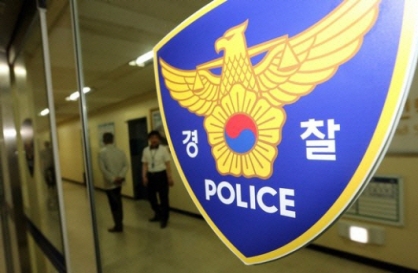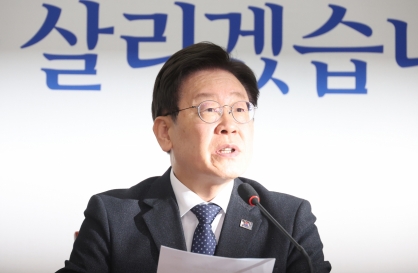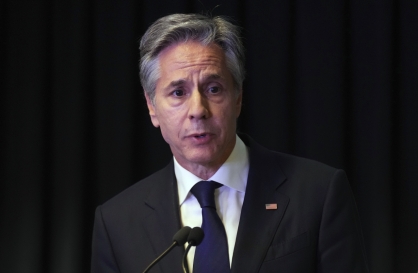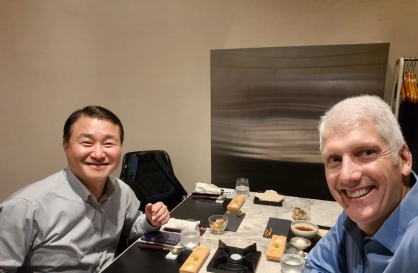The South Korean government has taken steps to lift the last of its COVID-19 restrictions, but concerns about a possible resurgence remain as the number of new coronavirus cases has been on the rise for the fifth consecutive week.
On Tuesday, the government publicly released a revision to the Infectious Disease Control and Prevention Act, which is designed to lower COVID-19’s infectious disease rating from level 2 to level 4 and fully lift the mask mandate even in medical institutions and other vulnerable residential facilities.
The release of the revised law is a key part of the steps the government is implementing to downgrade the infectious disease level of COVID-19 and adjust the country’s overall response against the disease.
The Korea Disease Control and Prevention Agency, or KDCA, is collecting public opinion about the revised law until Thursday before formally changing the related law amendment notice. If implemented, COVID-19 will be treated as a disease like influenza -- a category of diseases that do not require isolation or immediate reporting to the health authorities.
In line with the revised law, state monitoring of COVID-19 will be based on sampling tests only and government data collection about the number of new coronavirus cases will end.
Health authorities including the Ministry of Health and Welfare are set to consult with experts in the private medical sector to determine the exact time to implement the second phase of the COVID-19 crisis adjustment road map.
The full lifting of government restrictions is expected to be early this month, but there is a possibility that the government will delay the process out of consideration of the spike of new COVID-19 patients in recent weeks.
The KDCA said a daily average of 45,529 new infections were recorded for the week of July 25-31, up 17 percent from 38,802 in the previous week. The figure marked an increase for the fifth-straight week.
During the seven-day period, daily infections surpassed 50,000 from Tuesday to Thursday, breaking the threshold for the first time in about six months. As people with mild symptoms are not likely to report their medical status to authorities, the real figure for confirmed cases is speculated to be higher than the official data.
Experts say the recent resurgence stems from a mix of factors surrounding the coronavirus. First, the Omicron XBB 1.5 variant known for a faster transmission rate has become the country’s dominant strain. Second, people's guards are down since President Yoon Suk Yeol declared that the COVID-19 crisis would be downgraded from "serious," the highest level, to "alert," on May 11.
In addition, the increase of new cases is partly related to the summer vacation season when more people tend to travel and interact with others both indoors and outdoors -- often without wearing masks. The sizzling heat wave is also pushing residents to stay longer in air-conditioned environments indoors under poorly ventilated conditions, which is likely to accelerate the spread of the virus. This summer time resurgence is being witnessed outside Korea as well.
With the social distancing measures mostly gone, some experts warn the number of new cases may spike to around 60,000 or higher, and the figure could rise dramatically this coming fall when COVID-19 hits people along with the seasonal flu -- a forecast that deserves attention from health authorities.
A drastic surge in the coming months may come when the nation is less prepared for a new, highly contagious strain. If such a scenario plays out, health authorities may find themselves in a policy trap where they have few tools to fight the strong resurgence.
The government must take time in lifting the last part of its restrictions while carefully monitoring the situation. It also has to take more policy steps such as strengthening the country’s medical emergency response system and pushing for vaccinations for vulnerable groups. After all, staying vigilant proactively can reduce risks -- and save lives.







